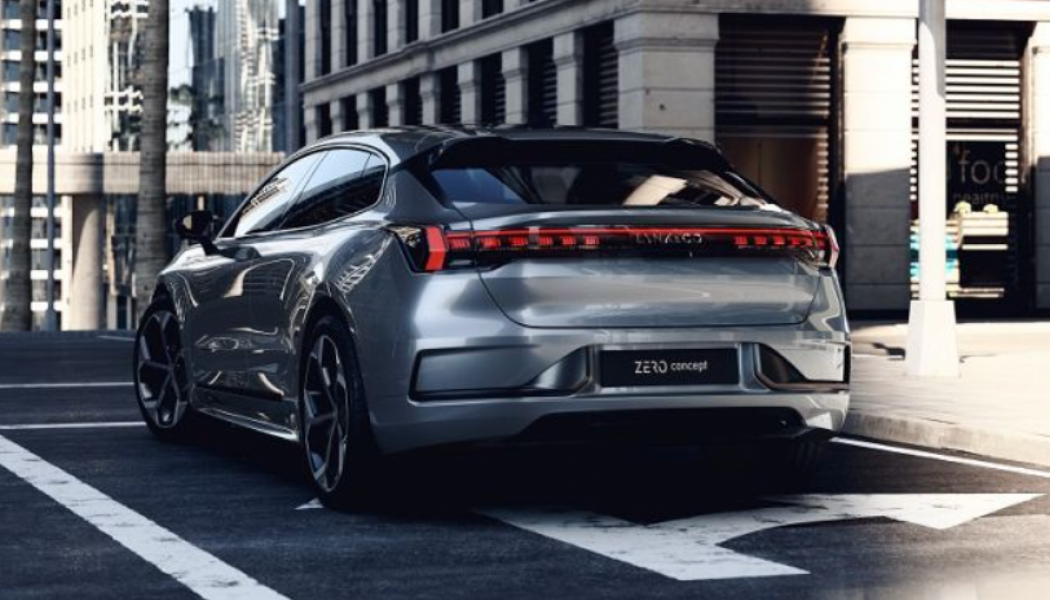It may seem like a nascent startup to us Americans, but Lynk & Co is already well-established in China, reporting more than 300,000 overall sales since the first vehicle went on sale in 2018. That’s quite a bit. Its range in that market is heavy on small crossovers that share an architecture with its corporate sibling, Volvo. Lynk & Co’s next play is to move in on the lower rungs of the EV crossover space, a place that more established players such as Tesla and Volkswagen are making moves in. Meet the Link & Co Zero concept.
The Zero concept is a car-like crossover and a full-on EV, unlike the hybrids and PHEVs that Lynk & Co currently sells. It recalls the very first concept from the company, the CCC. The connection is more theoretical than literal, but the upright fascia and high-mounted running lamps are present—as they are on all Lynk & Co models. The headlights are somewhat hidden in the “grille” opening that spans the front width, below which is a smaller textured grille and small air vents forward of the front wheels. It’s a blocky fascia, but not an unattractive one.
The roofline is very rakish, blurring the distinction between crossover, crossover coupe, and hatchback. In our eyes, there’s a lot of Jaguar I-Pace DNA in the C-pillar. Below the rear glass, though, the Zero is very different from the slab-tailed Brit, with multi-element taillights that are full width and quite intricate. A glimpse of the futuristic interior through the concept’s glass roof shows a modern design dominated by a large central infotainment screen—as is the trend these days.
Lynk & Co notes its underlying EV architecture is new, but it’s not immediately clear if it’s a variant of the CMA platform that’s used under its other vehicles—and more pertinently, the related Polestar 2 EV and Volvo XC40 Recharge, which both use a variant of the chassis. Regardless, Lynk & Co states the platform will be used for all EVs developed within the broader Geely Holdings group, which of course includes Volvo and Polestar, as well as Lynk & Co and the Geely brand.
The company says the Zero will enter production in 2021, meaning that this is less of a concept and more of a preview of what’s to come. Expect a 400-plus mile range (projected using European testing measures) and a sub-four-second run to 60 mph.










